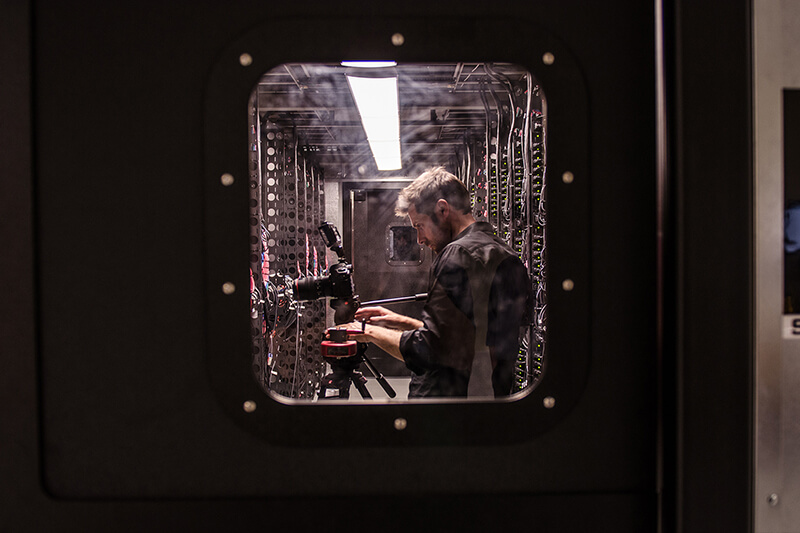Abstract
India offers a unique site to engage with regulation around digital media, for at least four reasons. First, against global trends, cable and satellite news on TV channels are constantly being launched in a widening array of languages. Second, in line with global trends, the distribution segment is not only becoming central in media businesses but is being dominated by a variety of new actors. Third, the expansion of online journalism is catalysed by a combination of ever-increasing native-digital sites and digital forays by newspapers. Again, contra to global tendencies, these forays have not been compelled by a weakening of print. Fourth, India is characterised by multiple markets based on languages, which for the most correspond to the linguistically-defined political geographies of its provinces—a key trait of India’s wider media economy.
This complex milieu offers a plentiful turf for scholars engaging with the regulatory environment of digital media. One the one hand, are the inabilities of inherited regulatory instruments to satisfactorily address longstanding concerns of concentration, diversity, and extra-constitutional influences in the legacy media—concerns equally present in the euphoria of digital media. On the other hand, are challenges triggered by new actors and dynamics marking this field, especially the influence of telecom operators, social media, and the online platform.
There have been knee-jerk extensions of regulations from the analog era combined with enduring policy vacuums – a hallmark of wider media policy in India – that have riddled the landscape of digital media. To this end, this presentation will unravel how digital media has been tempered by what could be called the frames of ‘strategic intent’ and ‘considered silence’. The former constitutes the interplay between an assortment of regulatory instruments, which is the staple diet of policy studies. The latter draws attention to the persistent lack of regulatory response despite the wide-ranging consensus among scholars on the normative principles of media policy. While the idea of considered silence conveys a descriptive category, it also offers an analytical prism to identify the kinds of interests served through instances of purposeful non-intervention.
Building on ongoing examinations of digitalisation across various sectors of the media, this presentation also draws on research at CPS, IIT Bombay that is part of a global initiative on mapping Media Influence.
About the Speaker

Vibodh Parthasarathi maintains a multidisciplinary interest in media policy and creative industries, his most recent work being the edited double-volume The Indian Media Economy (OUP 2018). Parthasarathi has been at the forefront of media policy research in India and a winner of numerous grants including from the Ford Foundation, Canada’s IDRC, SSRC, India New Zealand Education Council, and Open Society Foundation. Currently, on extra-ordinary leave from Jamia Millia Islamia, his recent visiting positions include at the University of Queensland, at KU Leuven, and at IIT Bombay.
